A Better Explanation
Note: My views on creation vs. evolution have changed since this post. In fact, my views about the Bible have drastically changed. My connection to community has drastically changed… After digging deeply into the Old Testament, I’m convinced that God carefully crafted every word to be deeply meaningful. Creation is now a treasured story to me, although not in a strictly scientific way. I hope to post about this soon. But I’ll leave this post here, for the memory of my struggle. – Debbie, 3/26/14
 I started teaching my kids several years ago, before school choices were even on our minds. As they grew old enough, and it was time to start thinking about enrollment decisions, I dragged my feet. Eventually I had to say, “We’re sort of doing a trial year of homeschooling… ” And I’d add, lamely, “We can always send them to school next year. At this young age, they won’t have missed much,” which was not what I was thinking at all.
I started teaching my kids several years ago, before school choices were even on our minds. As they grew old enough, and it was time to start thinking about enrollment decisions, I dragged my feet. Eventually I had to say, “We’re sort of doing a trial year of homeschooling… ” And I’d add, lamely, “We can always send them to school next year. At this young age, they won’t have missed much,” which was not what I was thinking at all.
The truth is, I always wanted to homeschool. I love learning, and I love teaching my kids. I nearly jump for joy when my son wakes up in the morning, and the first thing he says is, “Hey, did you know that if you have eight two times, it’s the same as having four four times?” Homeschooling, for us, has very little, if anything, to do with religion, politics, or dislike of public schools. It has everything to do with me not wanting someone else to have all the joy – and responsibility – of guiding my kids to learn.
I’ve approached homeschooling with fear and trepidation, though. I’m a Christian stay-at-home mom who lives on a farm. Add homeschooling to the equation, and I’m guaranteed a certain stereotype – one that I’m not sure I want.
A few months ago, I found The Well Trained Mind, written by Susan Wise Bauer. Like me, Bauer is a Christian who lives on a farm and homeschools. But her homeschooling is aimed at a rigorous education, not at a particular lifestyle. Her online forums are open to any homeschooler, from atheists to the most conservative Christians.
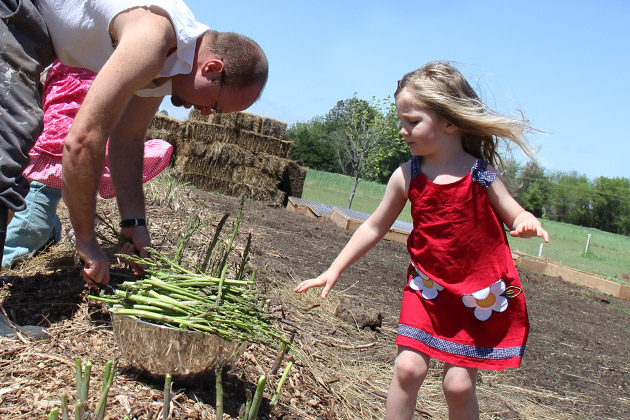 I already knew, before finding her forums, that my faith takes a slightly different turn than that of some Christians. I knew there were some who believe that everyone should homeschool or that all people should have self-sustaining mini-farms. I’m in favor of promoting homeschooling as a valid option (although I don’t believe it’s for everyone). And I’d be thrilled to be an advocate of gardening. But these have almost nothing to do with my faith.
I already knew, before finding her forums, that my faith takes a slightly different turn than that of some Christians. I knew there were some who believe that everyone should homeschool or that all people should have self-sustaining mini-farms. I’m in favor of promoting homeschooling as a valid option (although I don’t believe it’s for everyone). And I’d be thrilled to be an advocate of gardening. But these have almost nothing to do with my faith.
What I didn’t know, before beginning to homeschool, was that there are Christians who believe that if you don’t espouse a literal seven-day creation, you aren’t saved – or at least you occupy a lower rung on the spiritual ladder.
As I best understand it, Christianity is defined by:
1) a surrender to and dependence on Jesus for forgiveness,
2) a secondary response of willingness to forgive those around us and live in grace with each other, and
3) a reliance on the power demonstrated by the resurrection to continue in a living relationship with God.
Many other issues are important – some of them may be important enough to preclude ministry – but not essential to being a valid Christian. Christianity is not about knowing the right answers to everything. It is about being in a Relationship – about being loved and redeemed.
But that only addresses the controversy on the faith level.
If you happen to believe in an old earth – or you’re affiliated with someone who does – you might be uninvited to speak at homeschool conventions, or you might be asked not to mention certain topics (like the scientific “e” word). As a homeschooler with an atheist homeschooling friend, I’m struggling to understand the reasons behind these sanctions. Homeschooling is not equal to being a Christian. Christians teach their faith to their children whether they homeschool or not, and not all homeschoolers are Christian.
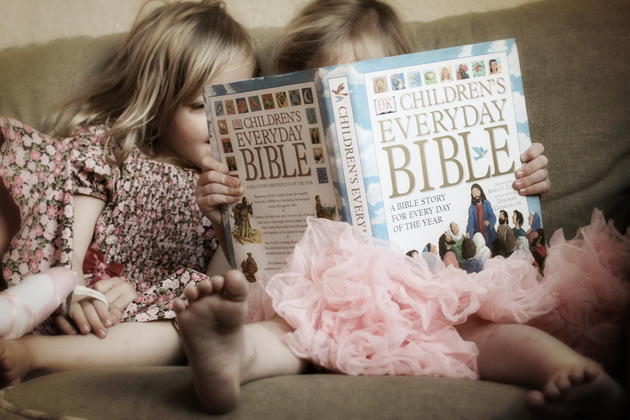 My hyper-analytical mind is going into overdrive as I try to understand all the sides of the issue. Maybe the convention planners are just trying to keep the controversy from spoiling a convention, and the un-invitations only seem unfair from the outside. Maybe, from a business perspective, it makes sense to cater to the interests of the majority of homeschoolers, who may have very traditional, conservative views. (To be clear, I don’t take issue with these views, just with the lack of inclusion among homeschoolers.)
My hyper-analytical mind is going into overdrive as I try to understand all the sides of the issue. Maybe the convention planners are just trying to keep the controversy from spoiling a convention, and the un-invitations only seem unfair from the outside. Maybe, from a business perspective, it makes sense to cater to the interests of the majority of homeschoolers, who may have very traditional, conservative views. (To be clear, I don’t take issue with these views, just with the lack of inclusion among homeschoolers.)
On a personal level, I’m looking for the courage to homeschool in a way that reflects our family’s values, hoping we won’t be stuck with stereotypes. My most inspiring guides happen to be speakers whose ideas are being restrained at homeschool conventions. Even as I strive to buck stereotypes by maintaining a tolerant, balanced approach from the beginning of our homeschooling journey, I’ve found myself already getting sucked into taking sides.
It’s not really a place I wanted to be.
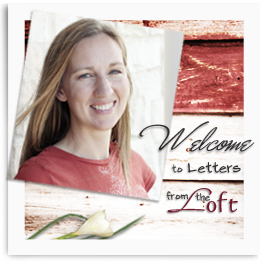
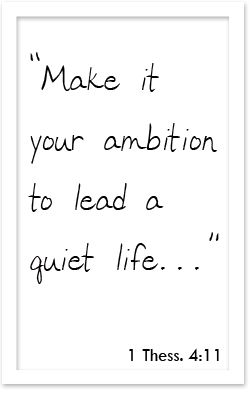
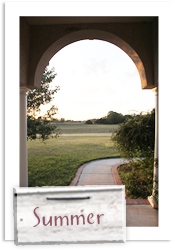
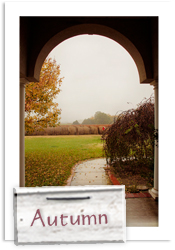
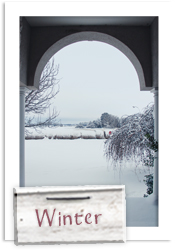
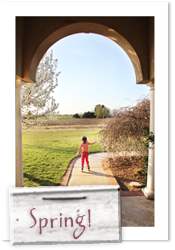
I didn’t know about the conflict gong on in the homeschool conventions, but controversies like that seem to go on in all areas of life including churches, Christian schools and workplaces. It is good that you are trying to look at the whole picture. Sometimes that is hard to do, especially when you see someone who is being treated unfairly. I will pray for peace and discernment for you so that this situation doesn’t hamper the joy that your homeschooling brings you!